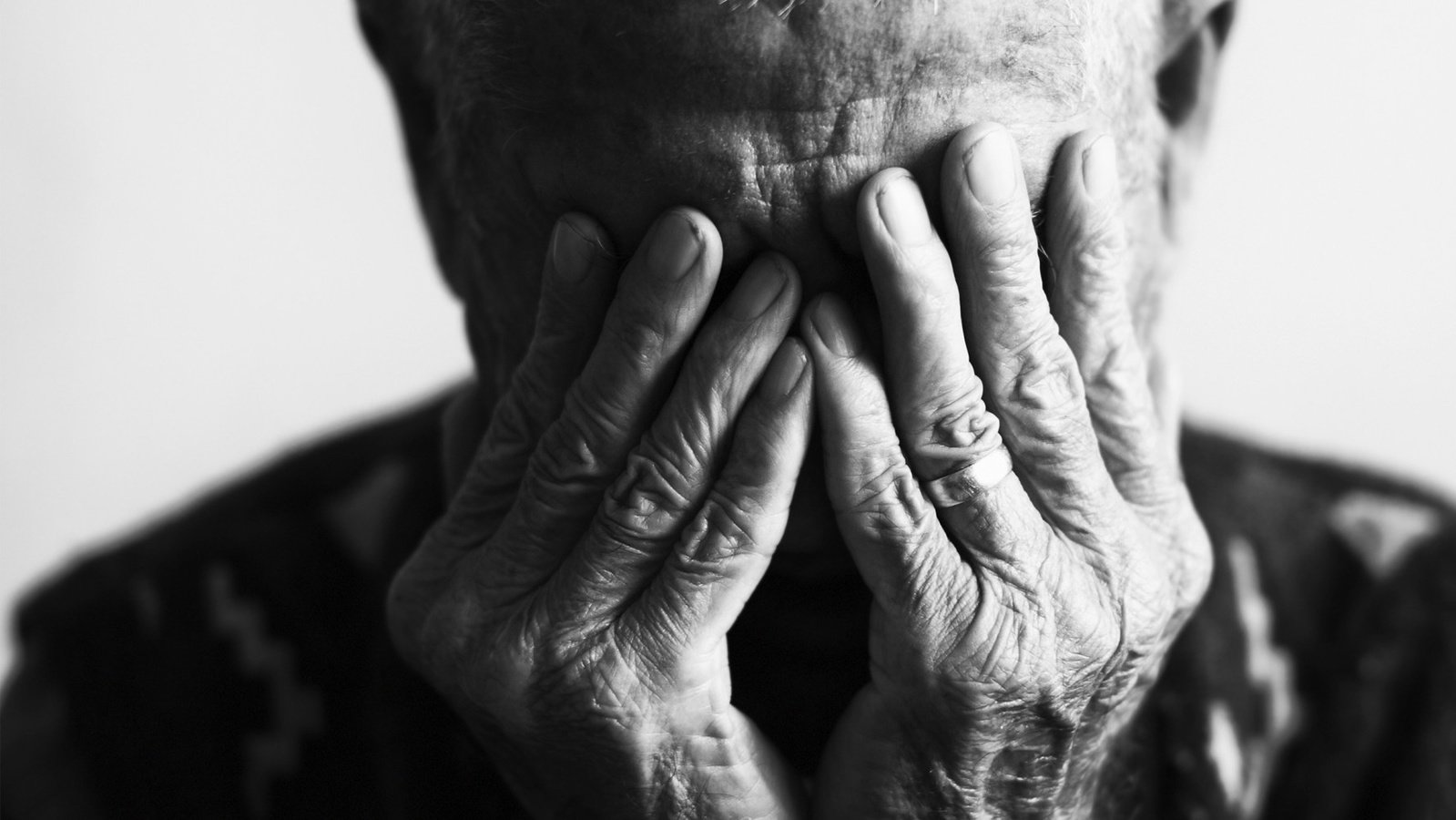Elder abuse, a hidden but urgent problem

Today, Uganda joins the rest of the world to commemorate the World Elder Abuse Awareness Day .
Elder abuse is simply defined as mistreating the elderly by those in a position of trust, power, or responsibility of caring for them. Elder abuse includes physical abuse, sexual abuse, financial abuse, psychological abuse, self-neglect, violation of rights, denial of privacy, and denial of participation in decision making. According to the World Health Organisation, elder abuse refers to consecutive acts repeatedly or the lack of an appropriate performance in relation to the elderly leading to injury, pain, distress, anxiety, and comfort deprivation of the elderly.
Elder abuse is a problem that exists in both developing and developed countries yet it is typically underreported globally. Prevalence rates or estimates exist only in selected developed countries ranging from 1 per cent to 10 per cent.
Although the extent of elder mistreatment is unknown, its social and moral significance is obvious. As such, it demands a global multifaceted response, one which focuses on protecting the rights of older persons. WHO states that around one in six people of 60 years and above experienced some form of abuse in community settings in 2018. A 2017 study based on the best available evidence from 52 studies in 28 countries from diverse regions, including 12 low- and middle-income countries, estimated that over the past year, 15.7 per cent of people aged 60 years and older were subjected to some form of abuse. This is likely to be an underestimation, as only one in 24 cases of elder abuse is reported, in part because older people are often afraid to report cases of abuse to family, friends, or to the authorities.
Elder abuse is a new concept but it has gained attention over the recent years in Uganda and the rest of the world. The abuse of older adults is often hidden, unreported or underreported, can take many forms as seen in the definition above and can occur in a range of contexts. In light of these complexities, it can be challenging for policy makers and practitioners to effectively respond to address elder abuse.
In Uganda today, there are many factors that affect the risk of elder abuse including, the depiction of older people as frail, weak and dependent, erosion of the bonds between generations of a family, restructuring of the basic support networks for the elderly, systems of inheritance and land rights, affecting the distribution of power and material goods within families, migration of young couples and children to other areas, leaving elderly parents alone compared to the African Traditional Societies where older people were traditionally cared for by their offspring.
Family members such as adult children or spouses, friends and neighbors, house helpers, among others are usually the abusers.
Elder abuse leads to physical injuries ranging from minor scratches and bruises to broken bones and disabling injuries and serious, sometimes long-lasting, psychological consequences, including depression and anxiety hence affecting the general welfare of the elderly. For older people, the consequences of abuse can be especially serious and convalescence longer. Even relatively minor injuries can cause serious and permanent damage, or even death. A 13-year follow-up study by Lachs (1998) found that victims of elder abuse are twice more likely to die prematurely than people who are not victims of elder abuse.
Connecting the elderly to support resources that will reduce the level of social isolation and increase the amount of people available to detect and report suspected abuse. Social support also assists caregivers who may be stressed and struggling to cope with the responsibility of providing care. We can also create awareness, report elder abuse and support social gerontologists and social workers.
There is need to establish better mechanisms for preventing and reducing elder abuse .
Dianah Aharimpisya,




